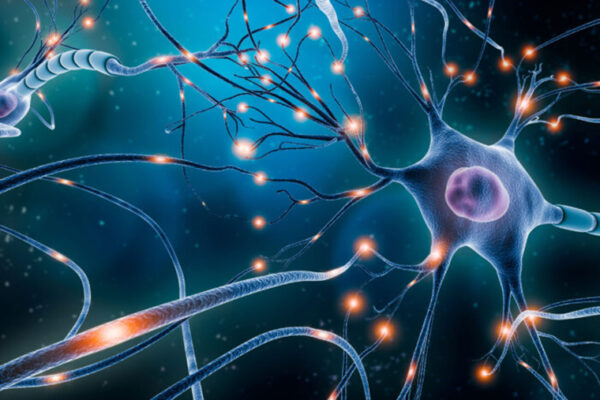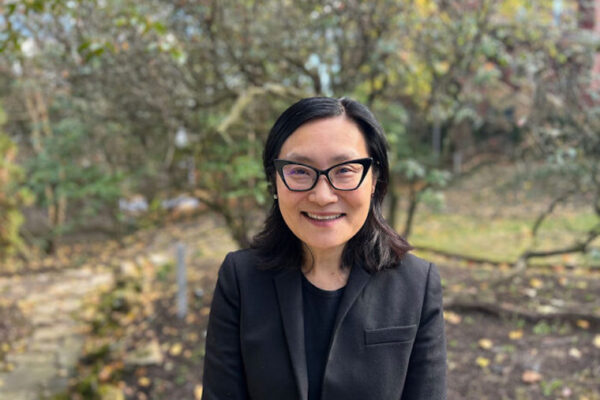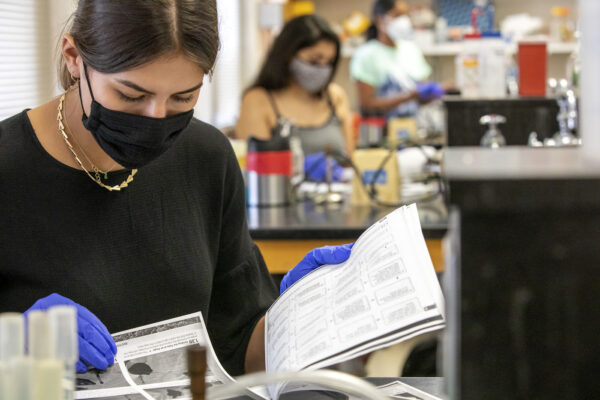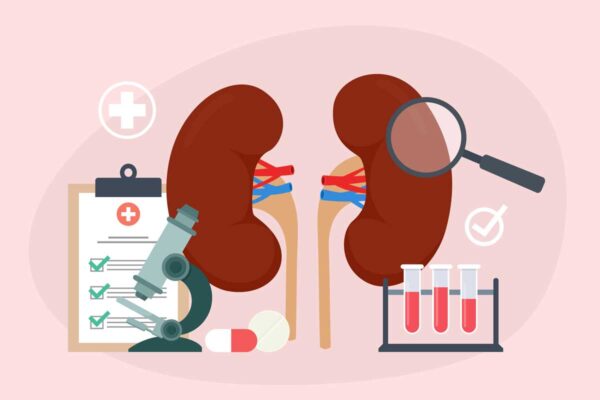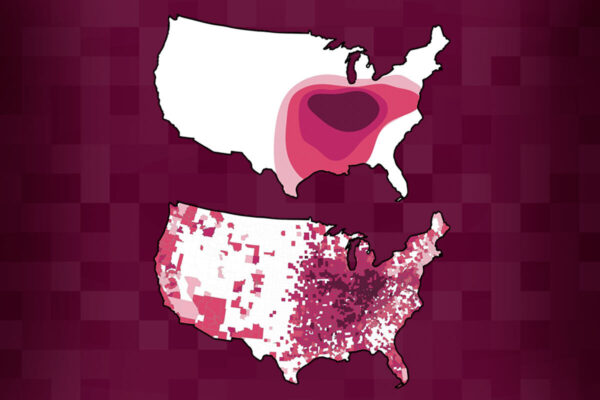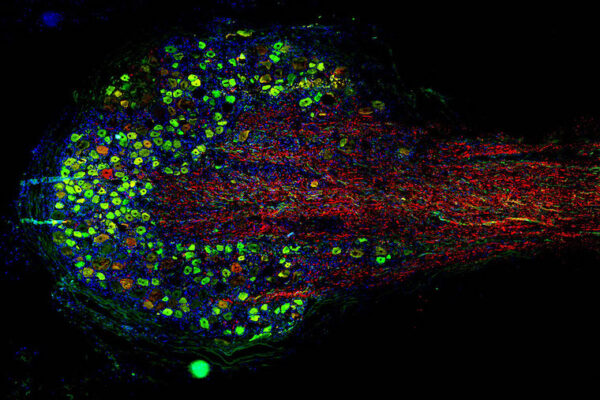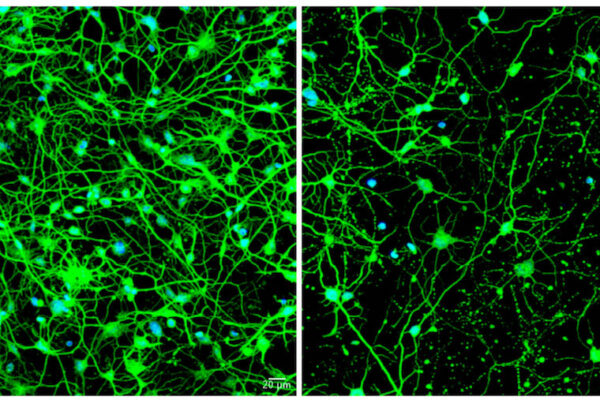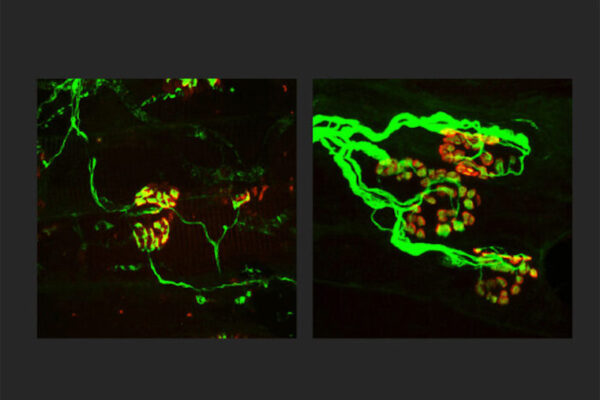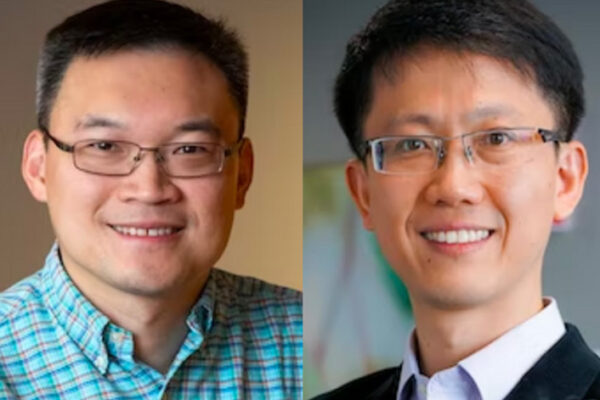Immunotherapy eliminates disease-causing cells in mice with MS-like disease
School of Medicine scientists have shown that the cancer therapy known as CAR-T can be applied to multiple sclerosis (MS), an autoimmune disease of the nervous system. The findings extend the powerful tool of immunotherapy to autoimmune diseases, a class of diseases that are often debilitating and difficult to treat.
WashU, pharmacy scientists alter fentanyl, aim to make it less lethal, less addictive
A research team that includes School of Medicine and pharmacy scientists has altered the chemical properties of fentanyl. The research holds promise for developing safer opioid drugs that still relieve pain.
Lee to lead pulmonary, critical care division
Janet S. Lee, MD, a highly regarded physician-scientist in pulmonary and critical care medicine, has been chosen to lead the Division of Pulmonary & Critical Care Medicine in the Department of Medicine at the School of Medicine. Her appointment is effective Jan. 3.
Experts offer tips to stay healthy during holidays
Washington University medical experts share how students, faculty and staff can stay healthy this holiday season. They note that masks not only slow the spread of COVID-19, but also can stop dangerous viruses such as the flu and RSV, which are currently raging throughout the St. Louis region.
Pediatric Center of Excellence in Nephrology established with NIH funding
School of Medicine physician-scientists have received an NIH grant to establish a Pediatric Center of Excellence in Nephrology. The researchers aim to create high-definition molecular reference maps showing genetic details of normal and diseased kidneys during various stages of childhood growth and development.
Lung infections caused by soil fungi are a problem nationwide
School of Medicine researchers discovered that the three main kinds of soil fungi that cause lung infections have all expanded their ranges in recent decades. Reliance on outdated maps could be causing delayed or missed diagnoses.
Understanding, treating pain, reducing opioid use, aim of $11.7 million grant
School of Medicine scientists have received a five-year $11.7 million grant to study human genes and nerve cells to better understand how cells transmit pain and to find new ways to treat it.
Cellular housekeeping process implicated in fatal neurological disorder
A study from Washington University School of Medicine shows that as patients age, Huntington’s disease impairs autophagy, which eliminates waste from cells.
New strategy shows potential to block nerve loss in neurodegenerative diseases
Researchers at the School of Medicine are working toward a treatment for neurodegenerative diseases, among them peripheral neuropathies and Parkinson’s disease, that targets SARM1, a key molecule in the death of axons, the wiring of the nervous system.
Multi-scale imaging technique may enable objective assessment of myofascial pain
Faculty members Song Hu and Yong Wang are teaming up to find quantitative biomarkers for clinical pain management.
Older Stories
